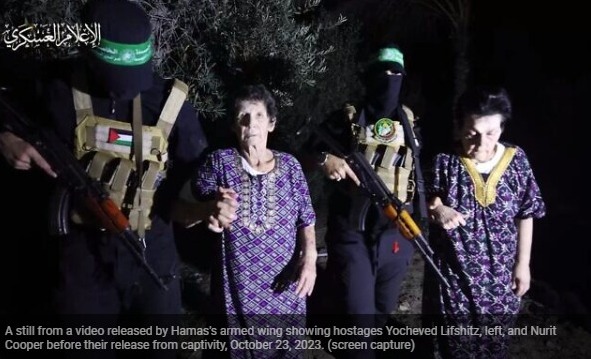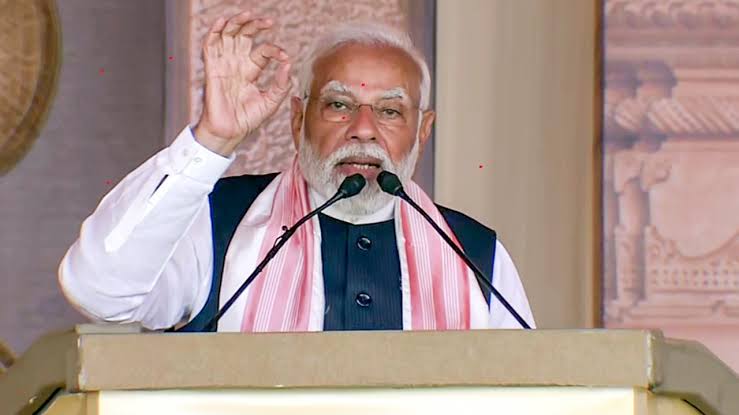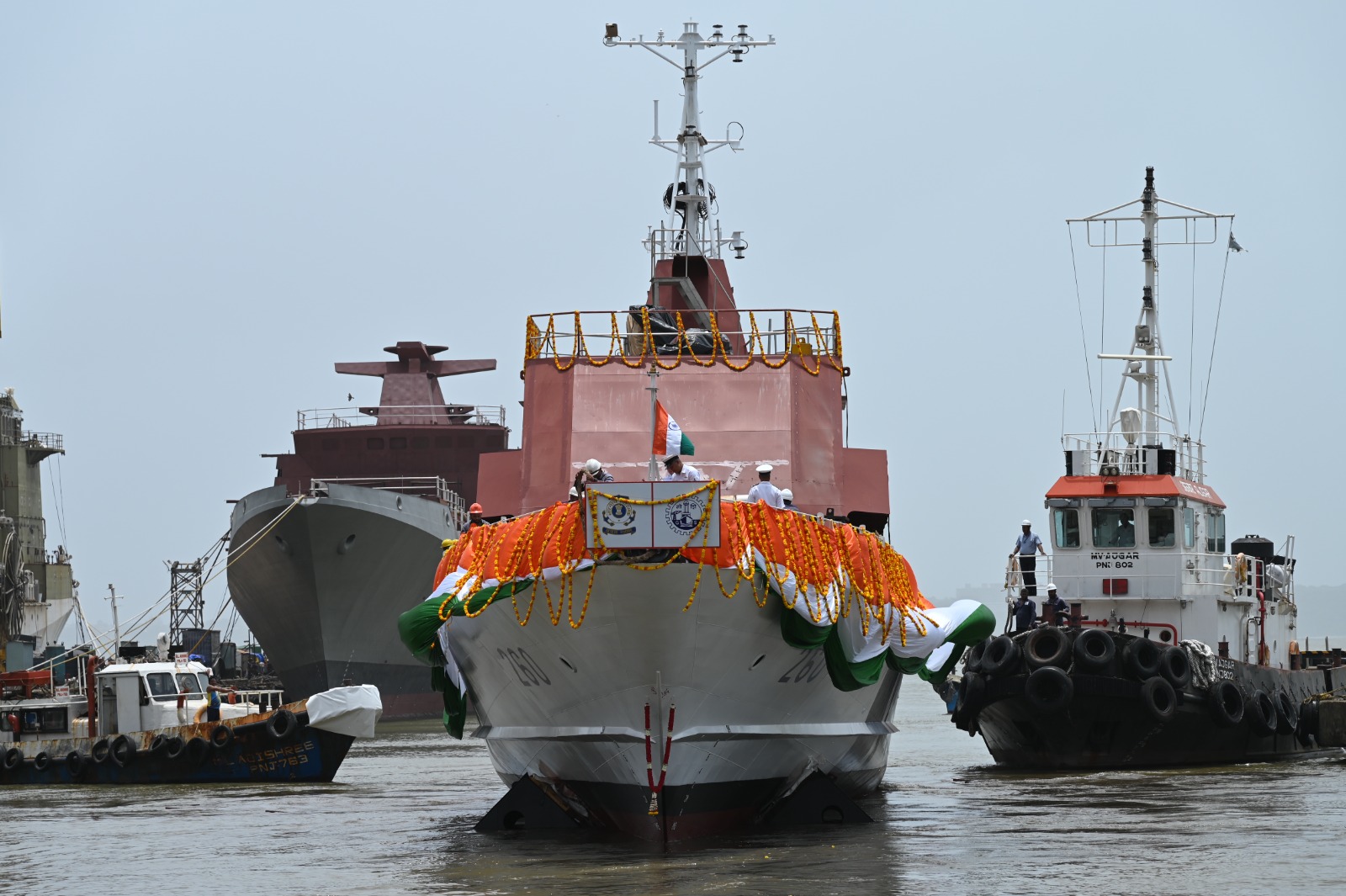In a gripping turn of events, octogenarian Yocheved Lifshitz, one of the two Israeli hostages recently freed by Hamas, recounted her harrowing experience during the multi-pronged terror attacks initiated by the Palestinian group on October 7th. Speaking at a press briefing, Lifshitz described the trauma of her abduction, stating, “I went through hell,” emphasizing the ordeal she endured while in captivity.
This incident took place amidst escalating tensions in the region. On Monday, Hamas released the two elderly hostages, bringing the total number of released hostages to four. The release offered a glimpse into the complex dynamics between Israel and Palestinian militant groups, raising questions about the future stability of the region.
Amidst these developments, French President Emmanuel Macron proposed a bold initiative on Tuesday. He suggested expanding an existing coalition that fights the Islamic State (IS) to also combat Palestinian militant group Hamas. Macron’s proposal underscored the growing concern among world leaders regarding the activities of such extremist organizations and their potential to disrupt peace and stability in the region.
In response, Israeli President Isaac Herzog addressed the delicate situation Israel finds itself in. While emphasizing that Israel does not seek war with the militant group Hezbollah, he made it clear that if Hezbollah were to provoke a conflict, Lebanon would bear the consequences. “I think Hezbollah is playing with fire … And I want to make it clear, we are not seeking a confrontation on our northern border with anyone else. We are focused on destroying Hamas infrastructure and bringing our citizens back home. But if Hezbollah drags us into war, it should be evident that Lebanon will pay the price,” Herzog declared during a joint press briefing with President Macron.
These remarks came in the wake of recent skirmishes between Lebanese militant group Hezbollah and the Israeli armed forces in northern Israel. These incidents have signaled the potential for the conflict in Gaza to spread regionally, raising concerns among international leaders about the stability of the entire Middle East region.
The situation remains fluid and tense, with diplomatic efforts and strategic decisions playing a crucial role in shaping the future trajectory of events. As the international community watches closely, the narratives of those directly affected, like Yocheved Lifshitz, serve as a stark reminder of the human cost of these conflicts and the urgency for peaceful resolutions amidst growing regional complexities.




